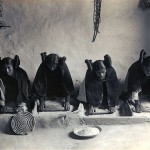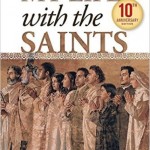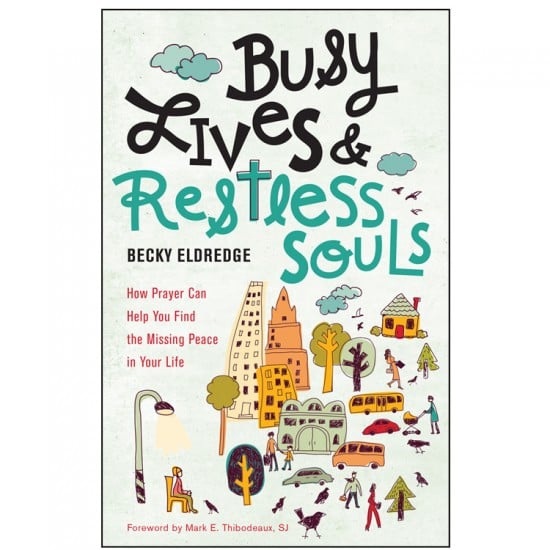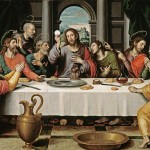My white friends started an email prayer circle right around 5 p.m. on election day when they began to realize that Trump actually could and probably would win. Polls had closed back east, and the numbers were starting to scare them.
I lit my candles and even did a Native American smudge in solidarity. I felt sad for them. They were finally seeing something I’d lived with all my life.
And I knew that God had made a courageous but dangerous decision. America was going to have to face some very ugly truths. Or die trying.
I’m not optimistic. I’ve been facing ugly truths about America for 65 years. The ugliest of them reared up at me on my first trip South to visit my grandparents down in Mississippi and Alabama when I was about 7 years old.
It was the first of several summer trips designed to teach me a valuable life lesson that my future 5th grade teacher’s teenage son, Emmett Till, was lynched for not taking seriously enough.
I, like Emmett, was a city kid, raised in a close-knit African American neighborhood on Chicago’s South Side. I was aware that my parents behaved somewhat differently when we went Downtown or to Michigan Avenue and that my mother was especially fussy–and nervous–about what we wore and how we behaved on those special occasions.
We had to be “perfect.” And also, apparently, “invisible,” not calling too much attention to ourselves. If I laughed or talked too loud, my mother would yank my arm and stare.
They taught me why on those trips “down South.”
We drove down, the first few times. And I vividly remember being warned that past a certain point, around Cairo, Illinois, we would not be able to stop to use a restroom or to eat or anything else until we got to my grandmother’s house.
The vibe in the car changed the further south we got. My father stopped talking entirely, eyes on the road, both hands gripping the wheel while my mother distracted me with sweet treats from the picnic basket she’d packed to tide us over ’til we made it to Mississippi.
When we made it to Mississippi, my dad had to honk the horn in a particular way as we approached my grandparents’ house. Strangers who didn’t know the “code” risked being shot at by my rifle toting grandmother, whose husband had left paralyzed on one side after a beating by “Night Riders” who didn’t like the idea of a Black family owning its own land and being almost entirely self-sufficient.
Our family women did not “take in washing,” the family men did not do “odd jobs.” They politely refused such “offers” to the consternation of their white neighbors who were not used to being turned down by “colored” people.
And they did not need to shop in the one little store on the one little main street in town. Most of what they needed, save gasoline, they produced themselves.
The locals didn’t like that, either. They couldn’t control them by threatening to fire them or cutting off their credit or barring them from shopping in town. And they were afraid that our family might give other “colored” folks ideas.
And so the night “visits” began. My mother showed me how she and her siblings used to hide under the floor boards when Historia and Hosea gave the “signal.” I tossed and turned nights from then on, terrified by every noise.
The second leg of our trip was usually to Birmingham, my father’s home town. His family lived on a beautiful block in neat, single-family houses with white picket fences–a far cry from the rural Mississippi shack my mom grew up in.
But the tension was exactly the same. Or actually, it was worse. Unlike my Mississippi family, the Birmingham bunch had to interact with white people every day. And there were all kinds of rules you had to follow.
I learned to keep my eyes down when we were walking down the street. When whites approached, we either crossed the street or stepped off the sidewalk to let them pass.
An elderly white woman almost had a stroke when I gave her a simple, “Yes,” in answer to a question.
“Where you from, girl?” she snapped. And when I said, “Chicago,” she nodded and told me, “Well, down here we do things different. It’s ‘Yes, ma’am.‘”
Now, that’s just very Southern, actually. But her stare told me it was a whole lot more in my case.
I was luckier than Emmett. She let me leave. But I knew what he’d seen in the ice cold eyes of the men who’d dragged him off and killed him. What had we done to make her hate us so much?
Not long after that encounter, I got the same cold stare in a library where I learned that “your people don’t usually come in here.” Likewise, “our people” couldn’t eat at most of the restaurants in town. And we sat in the balcony at movie theaters, and brought out own snacks.
In one department store, I chose the “Whites” fountain because it had a little stool in front of it for children to use. And as soon as I stepped up, the entire Women’s section went silent.
My mother rushed over and led me away as quickly as possible. But what I remember most was how serenely she did it. Head held high, no sign of embarrassment or fear. On the way home, she calmly explained what I’d done and that I needed to be more careful from then on.
I just wanted to go home.
But the tension followed me all the way back to Chicago. For the first time, I began to notice the strange smiles of the white clerks in the better downtown stores, when my mother and I walked up. How they followed us, constantly asking, “Can I help you?” as we shopped, and seemed so relieved when we finally left.
Icy eyes met mine, often. And fake, frozen smiles. That was why my parents had tried to make us “invisible.” Why we had to be “perfect” and work at least twice as hard in school and at work as “they” did, to prove our worth.
My mother sent me to “charm” school to learn manners, to the Chicago Conservatory to learn classical piano, to ballet lessons to make me more graceful–subtext: “less Black.” She eventually moved us to a predominantly Jewish neighborhood, in fact.
But there were whole neighborhoods “we” didn’t walk or drive through–they let me in on that, finally, too. We went miles out of our way to avoid being beaten senseless on bus and “EL” train stops in those neighborhoods.
The Mayor lived in one of them. I found that strange. I found it all strange. And scary and sad. I was just a little girl. I hadn’t done anything bad. I began to wonder what it would be like to be white and not afraid all the time.
The Civil Rights Movement began to change things, on the surface, at least. Martin Luther King, Jr. gave us a dream. James Brown told us we could be “black and proud.”
President Kennedy answered a letter I’d sent him. And then he sent troops down South to help some kids who looked like me go to a good school.
My father and many others said Kennedy would not live long after that. And I cried bitter tears when their predictions came true.
He hadn’t learned from that lesson that Emmett ignored, either.
“You push ’em too far, they’re going to slap you back down again,” one of my uncles warned. “They’re only going to let you have so much. And then they’ll show you who’s boss.”
We pushed ’em too far in a lot of directions. Gay rights, reproductive rights, talk of gun control and climate change–oh, and the right to pee where you think you should.
Obama was that bridge too far, though. Me and “my people” knew it. My white friends refused to believe it.
Until Trump won. And appointed Steven Bannon to be his chief strategist.
Kansas Secretary of State Kris Kobach says that wall’s going up sooner than we think, too, via executive order. And the Supreme Court’ll reverse a lot of those rights we fought so hard for, no problem.
They already gutted the Voting Rights Act. Worked like a charm last week, didn’t it?
And there are no floor boards in my house to hide under.
Lord, have mercy…
















